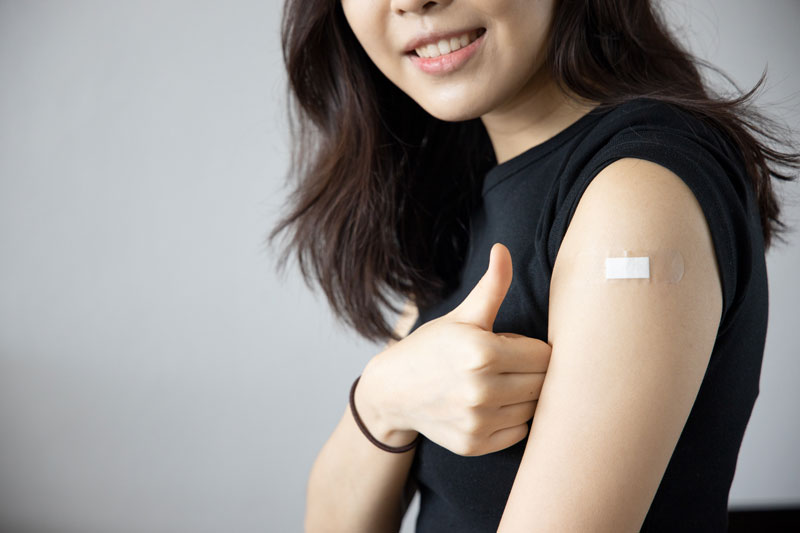Currently, the only known facts are the COVID-19 vaccines have demonstrated high efficacy at preventing severe and symptomatic COVID-19. Although early studies seem to demonstrate more positive information, there is limited data on how much the vaccines might reduce transmission, how long protection lasts and, the efficacy of the vaccines against emerging SARS-CoV-2 variants. For these reasons, vaccinated persons should continue to follow current CDC guidelines to protect themselves and others. This includes wearing masks, practicing social distancing, avoiding large crowds, and specific work-related protocols.
However, vaccinated persons with exposure to someone with suspected or confirmed COVID-19 are not required to quarantine if they meet all of the following criteria.
- Are fully vaccinated (2 weeks following receipt of the full complement of doses).
- Are within 3 months following receipt of the last dose.
- Have remained asymptomatic since the current COVID-19 exposure.
Persons who do not meet all 3 of the above criteria should continue to follow current quarantine guidelines if exposed to someone with suspected or confirmed COVID-19. These criteria could also be applied when considering work restrictions for fully vaccinated healthcare personnel. Specifically, exposed healthcare personnel who meet the above 3 vaccination criteria would not be required to quarantine outside of work.
Fully vaccinated individuals who do not quarantine should still watch for symptoms of COVID-19 for 14 days following exposure. If they experience symptoms, they should consider SARS-CoV-2 testing. For additional considerations regarding quarantine or work restrictions for fully vaccinated healthcare personnel, patients, or residents in healthcare settings.

